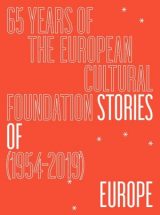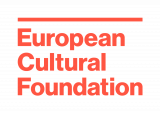
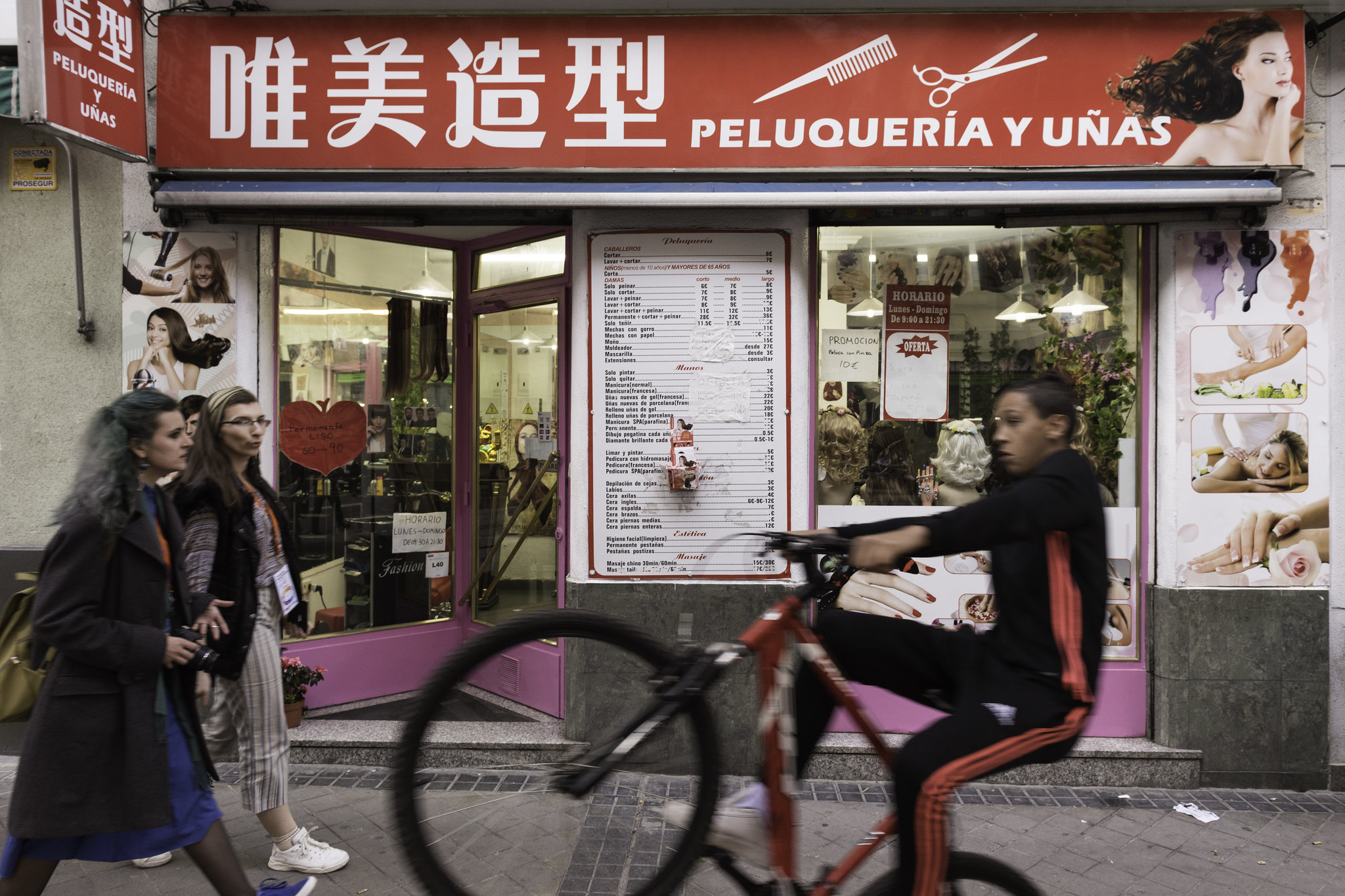
In collaboration with
European Cultural Foundation
The European Cultural Foundation is an independent foundation working for a united Europe. We promote a European sentiment through culture, by developing and supporting initiatives that let us share, experience and imagine Europe.
Header photo: César Lucas Abreu, CC BY-NC-SA 2.0, via Flickr

Articles
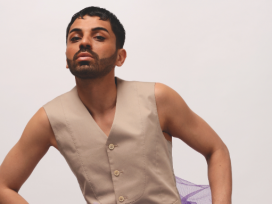
‘You watch TV, you open a magazine, you see billboards, and you never see yourself.’ A conversation with Hungarian Roma LGBTQ+ activist Joci Márton on minority representation in Europe and how minority members themselves can take the lead.
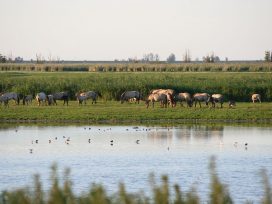
A European elephant in the room
On public space, ecology and the lands of Europe: a conversation with Tim Flannery
Europe has never been a place for racial or environmental purity. Situated at a crossroads of the world, it has always been characterized by change and hybridisation. Palaeontologist Tim Flannery calls for reinventing the commons and bringing elephants back to Europe.

The EU needs to prove itself the champion it has long been projected to be, argues André Wilkens in our interview about recovery funds, cultural transformation, budget lines and bank holidays. The director of the European Cultural Foundation also addresses his own pandemic experience as a migratory cultural agent.
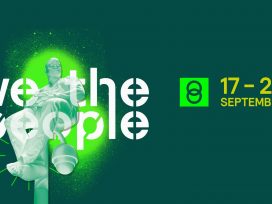
We, the people
Forum on European Culture Livestream, 18-20 September
Afropean identity, women’s cinema, racism in football and a Dutch Kurdish choir addressing domestic violence – there’s something for all discerning tastes this weekend.
Focal points

With new variants mutating around the globe, COVID-19 is no longer a novelty. The pathogen is seemingly here to stay, inducing social, political and economic turmoil. This is not a crisis to emerge from quickly. It is a prelude to further emergencies linked to climate change-related transformations and environmental destruction. How will societies deal with its tangible effects? And which issues might be perilously left by the wayside? In this new focal point, supported by the European Cultural Foundation’s Culture of Solidarity programme, Eurozine and partners take stock of this public health crisis and its accompanying crises of values and meaning.
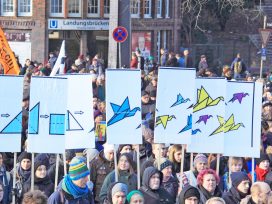
Austerity policies have contributed to social fragmentation and the rise of populist nationalism across Europe. However, alternative inter-local forms of mobilization around the commons may yet revive solidarities and keep the prospect of a common Europe alive.
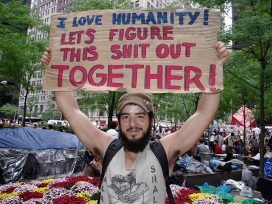
In the aftermath of the 2008 financial crisis, questions of inequality and solidarity have become intertwined. Over the past year, however, questions of solidarity have also been central in connection to the treatment of refugees and migrants.

Drawing on affinities between Eurozine's publishing activities and the European Cultural Foundation's Connected Action for the Commons programme, we launch a new focal point exploring the prospects for a commons where cultural and social activists meet with a broader public to create new ways of living together.
Projects and publications

